Focus on Geneva's preschool and primary school system
Following our call for witnesses, we received many testimonials from parents who, initially, had put their children in private schools thinking they would give them a better chance of success, but who ultimately changed their minds. On the other hand, we have also received testimonials from parents who are fully satisfied with these institutions. We'll try to give you as much information and arguments as possible to help you make up your own mind.
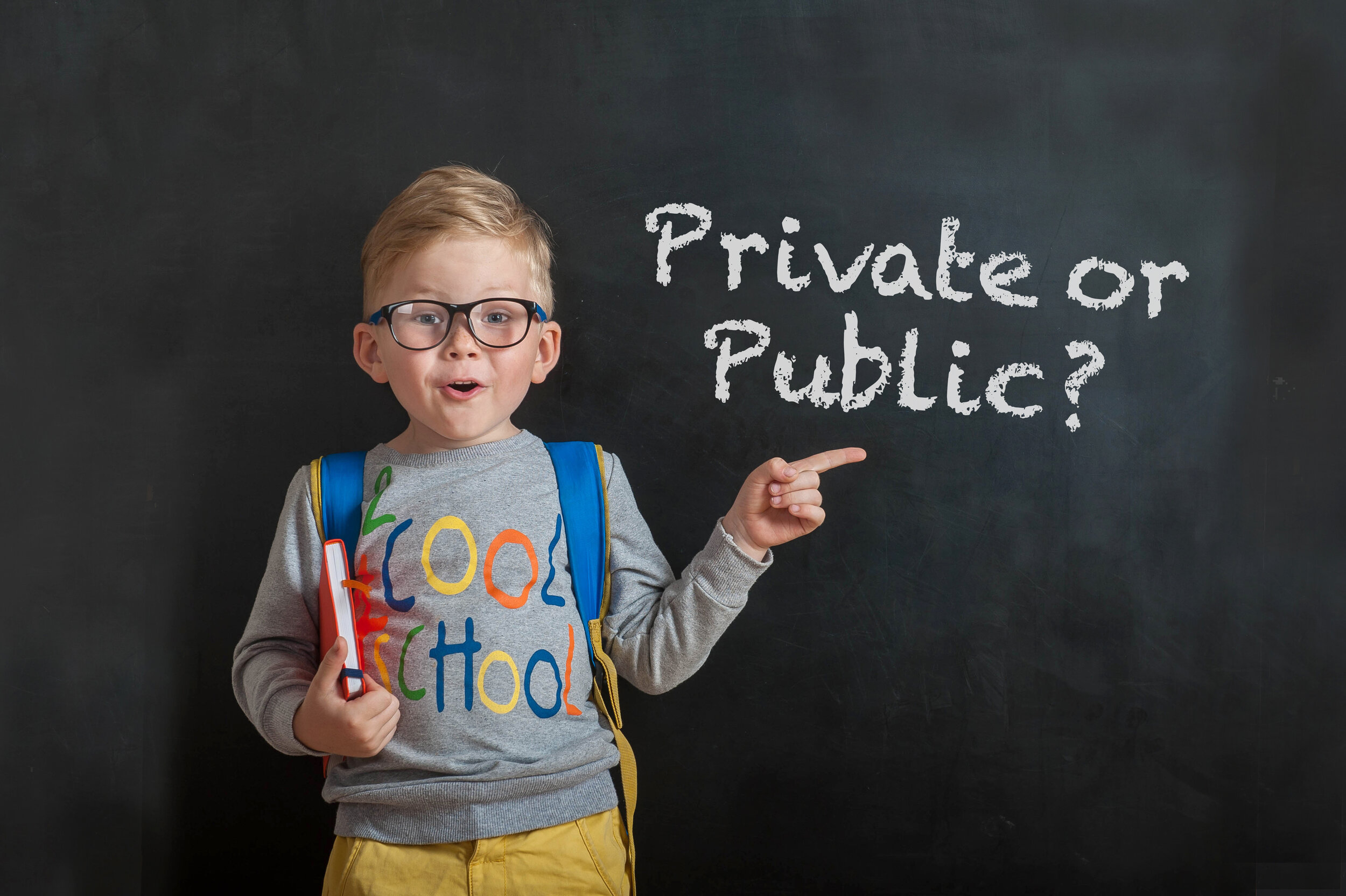

Becoming a parent brings with it a considerable number of questions. One of the most common is going back to work, and with it the question of childcare. Questions stressful enough not to think about those that will come in the future. But time flies and, 4 years later (5 for the less fortunate), the famous letter of registration for compulsory school arrives.
Then comes a new batch of questions, this time concerning the choice of school. If you choose a public school, no problem, as a place in the local school is guaranteed. On the other hand, if the choice is for a private school, it would be preferable to make arrangements in advance, so as to choose the establishment best suited to the child and the parents.
"In Switzerland, schooling is free and secular in public schools. 95.4% of students receive their compulsory education in public schools, 4.6% attend private schools compared with an average of 20% in France in 2018/2019*."
Indeed, the diversity of these establishments is immense. Some, for example, accept children from the age of 2, two years earlier than Swiss public schools. Others specialize in alternative pedagogies such as Steiner or Montessori . Generally speaking, private schools provide better support and guidance for children's personal development. In public schools, the child listens to the teacher, who must follow an established program that is identical for the whole class. If the child falls behind, it's up to him or her to catch up. In private lessons, the teacher works with each pupil individually, adapting the program if necessary to his or her academic level, while also taking into account his or her interests and aptitudes. He or she often adopts a variety of methods, both academic and creative, to achieve the objectives for the current year. A highly customized learning experience that only the private sector can afford.
Whatever the case, putting your child in a private school is above all a question of budget. On average, enrolment will cost parents several tens of thousands of francs, whereas public schools offer free tuition from primary school through to university.
If parents prefer a bilingual education (because they speak only one language at home, for example), they will have no choice but to opt for a private school. In Switzerland, public schools teach French as the main language, German from 5P and English from 7P. On the other hand, if the parents are expatriates and don't speak French at home, it might be preferable for the child to go to a public school, so as to be exposed to the local language and culture.
In addition to its excellent and recognized educational system, the public school system enables children from the same neighborhood to forge strong social bonds. It is inclusive, mixed and integrates children without distinction of origin, culture or income.
"As long as we're financially able, we'll continue to make certain sacrifices to let our children have their privacy, especially between the ages of 3 and 6. According to Maria Montessori, children in this age group have an exceptional capacity for concentration and learning. It's the absorbing mind. She even said in her writings that the most important period of his life is between his birth and his sixth birthday, not during his university years."
(MotherStories testimonial)
For the future adult, public schooling will ensure easier admission to Swiss universities and other higher education establishments. Conversely, a student who has completed all his or her schooling privately and wishes to continue his or her higher education in Switzerland will very often find himself or herself confronted with equivalence problems. On the other hand, if they wish to continue their studies abroad, their diploma will be more easily recognized than a Swiss Maturité. This is why most private school graduates end up going abroad, which can be a very good decision if it's a deliberate one.
If the aim is for the child to complete his or her schooling in Switzerland and then live and work there, then yes, it might be preferable to place him or her in a public school to ensure better integration into the local economic and social fabric.
So how do you know, at the age of 4, what your child will do as an adult? It's hard to predict without a crystal ball.
From the testimonials we've gathered, we've noticed that it's not unthinkable to try both. Many parents start out by putting their child in private school for various reasons, such as the month of birth, the choice of language or an alternative method. Then, after a few years, they change their minds, moving from private to public for financial reasons, or from public to private because the traditional educational program doesn't suit them.
In conclusion, the decision to send your child to a private or public school is a very personal (and sometimes subjective) one, and will vary according to the parents' experience, background and education, as well as their expectations, convictions and, of course, means. If they themselves have attended a private school and have fond memories of it, it is highly likely that they will repeat this choice for their offspring, and vice-versa for the public sector.
So there are no good or bad choices, and even less good or bad parents, but simply parents who want the best for their children's future.
Public vs Private: Comparative table of preschool & primary school systems
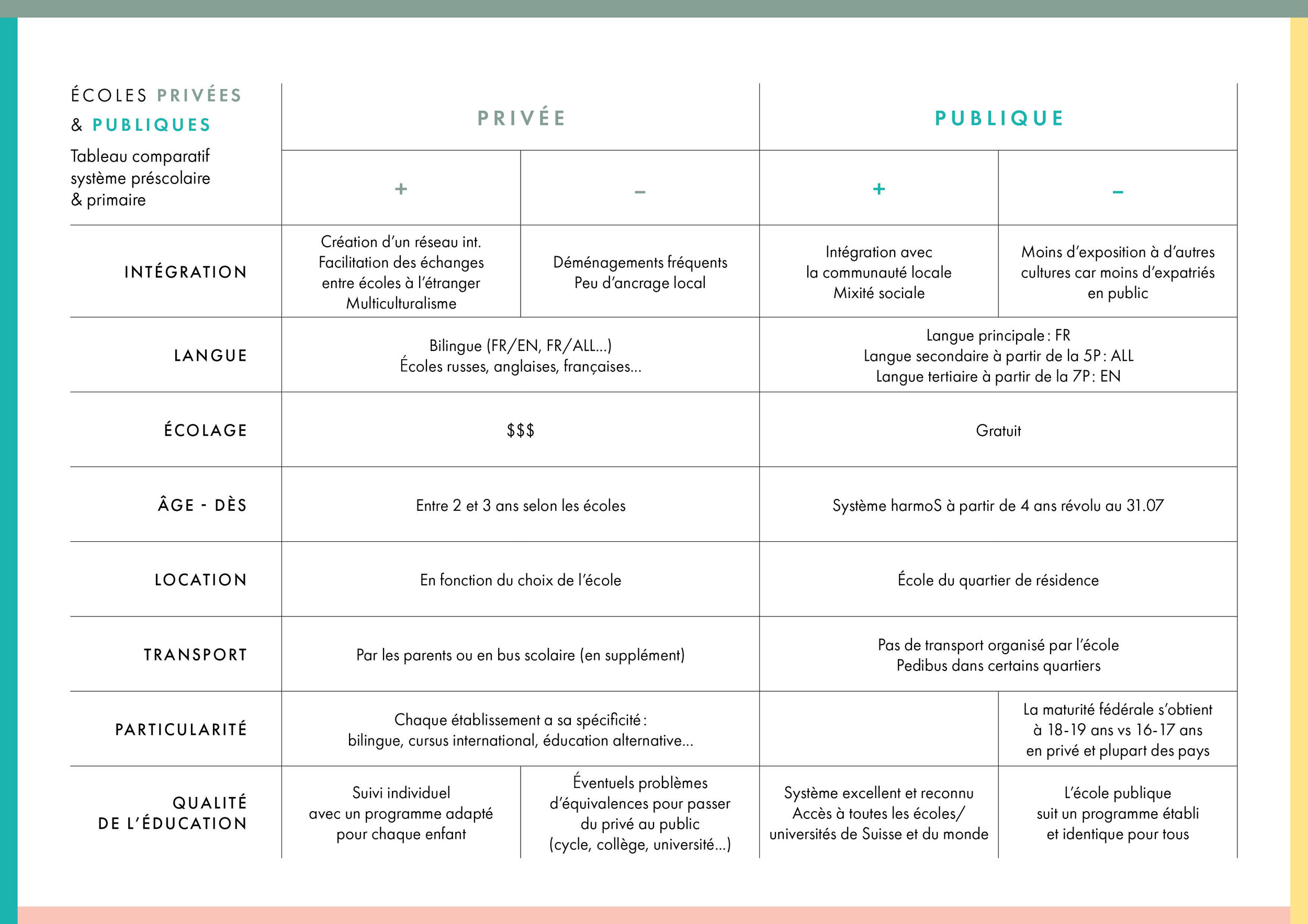

If you choose a private school, please bear the following points in mind:
- Define the desired teaching method and pedagogy (Bilingual, Montessori, Steiner...)
- Check the school's reputation (student turnover and teacher training)
- Find out about school fees (including extra-curricular activities, which can quickly add up).
Finally, don't hesitate to visit the schools and ask the teachers, as well as the students and their parents, to get as much feedback as possible on the quality of the structure in question.
"At the end of December 2018, the canton's total resident population stood at 501748, of which 40.1% were foreigners.**"
This large number of expatriate families explains why there are so many private schools in the region. Below is a list (not exhaustive and without ranking) of the main ones in the Geneva area:
Rive Droite :
- La Découverte School
- Collège du Léman
- International School of Geneva
- Geneva English School
- German school
Center :
Rive Gauche :
On request, in partnership with the relocation company Welcome Servicewe can provide you with a complete comparative list of private schools in the Geneva area.
* (https://frontalier.moncoachfinance.com/2019/09/systeme-scolaire-suisse-educatio-6440.html)
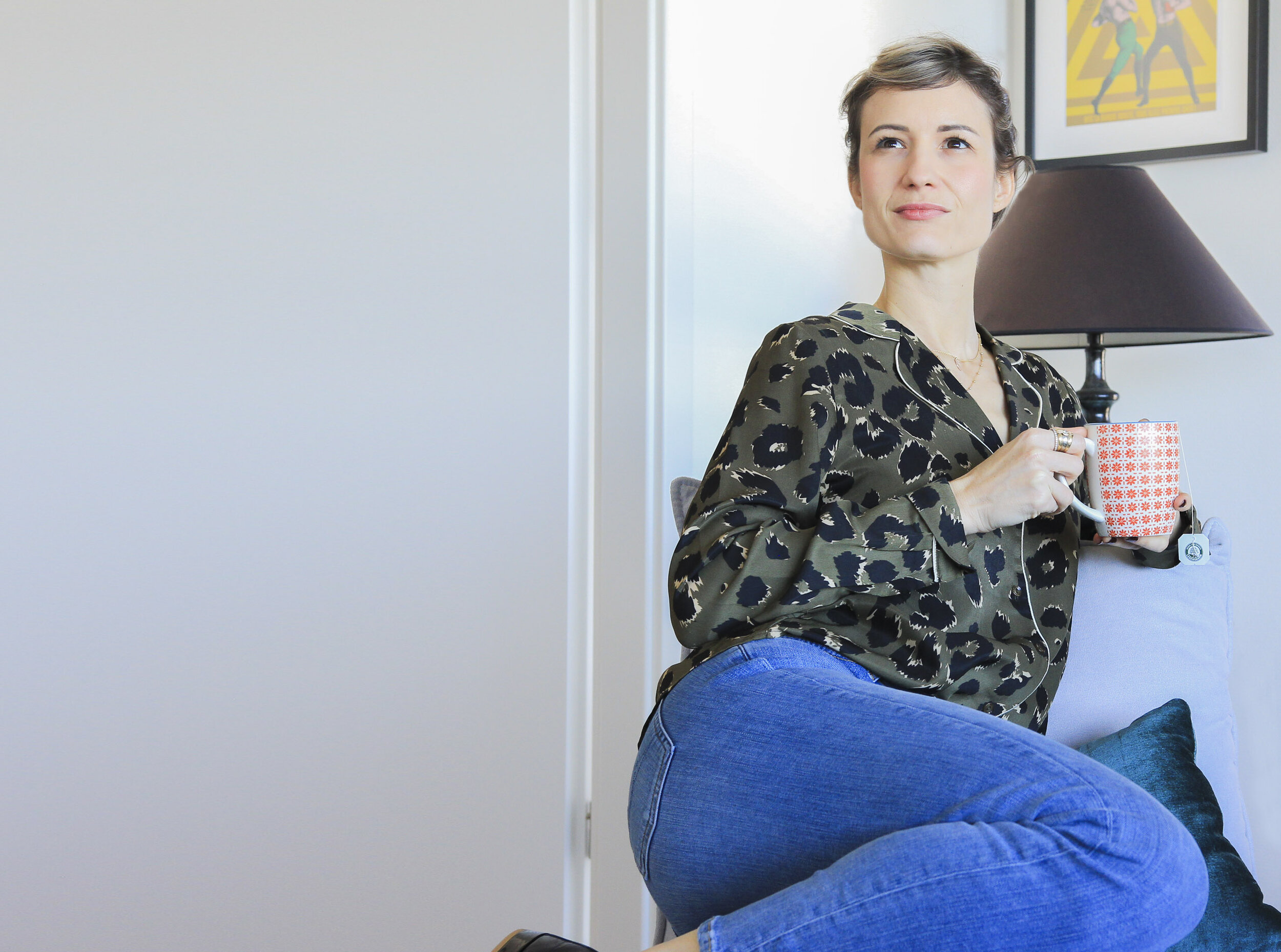
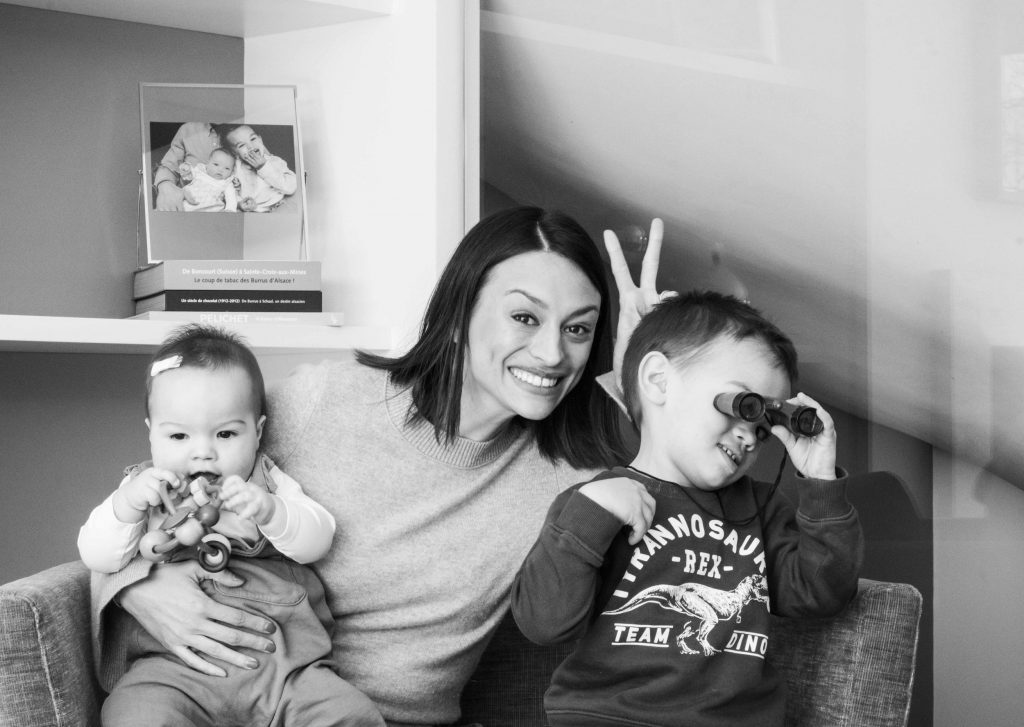
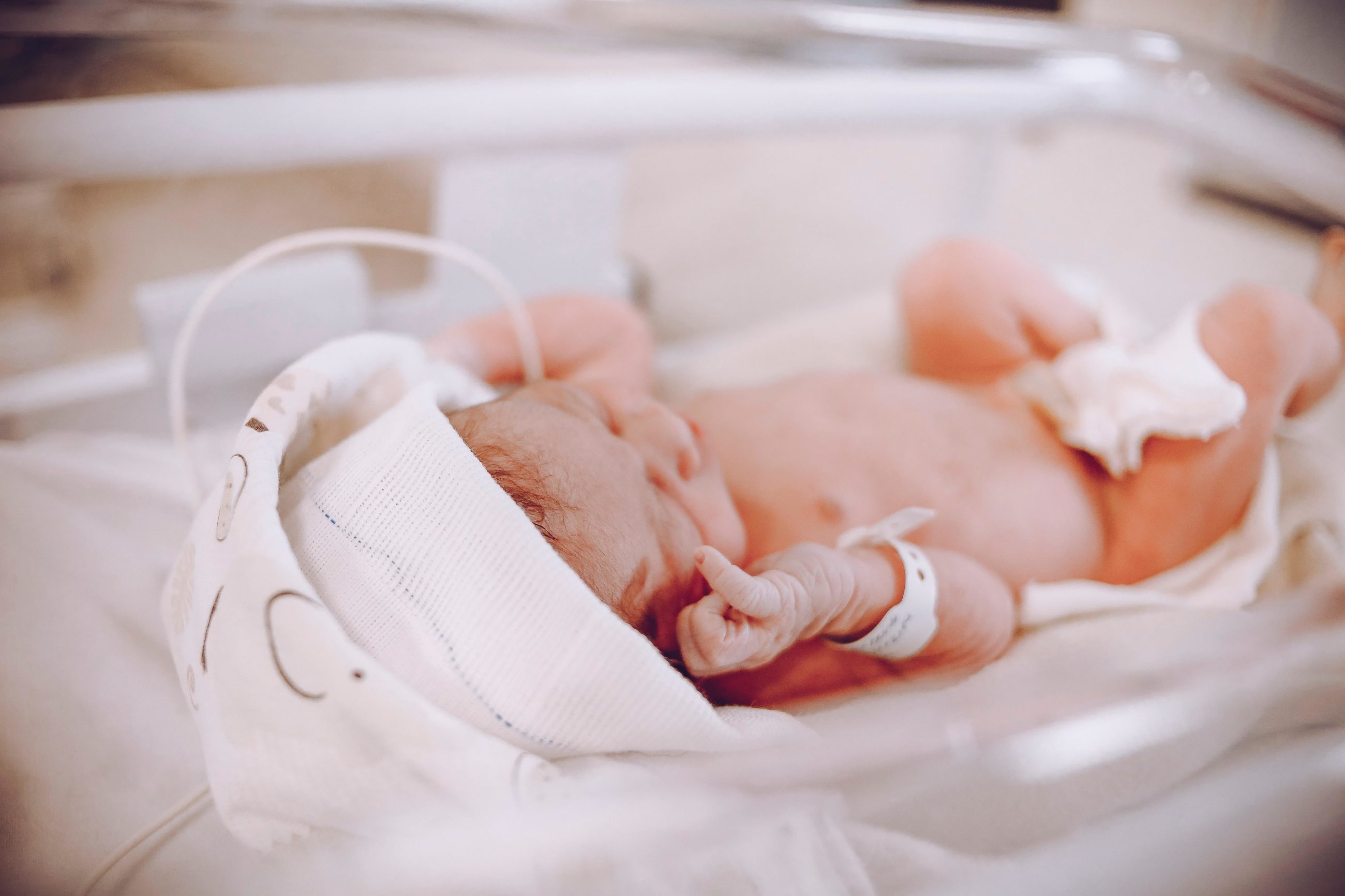
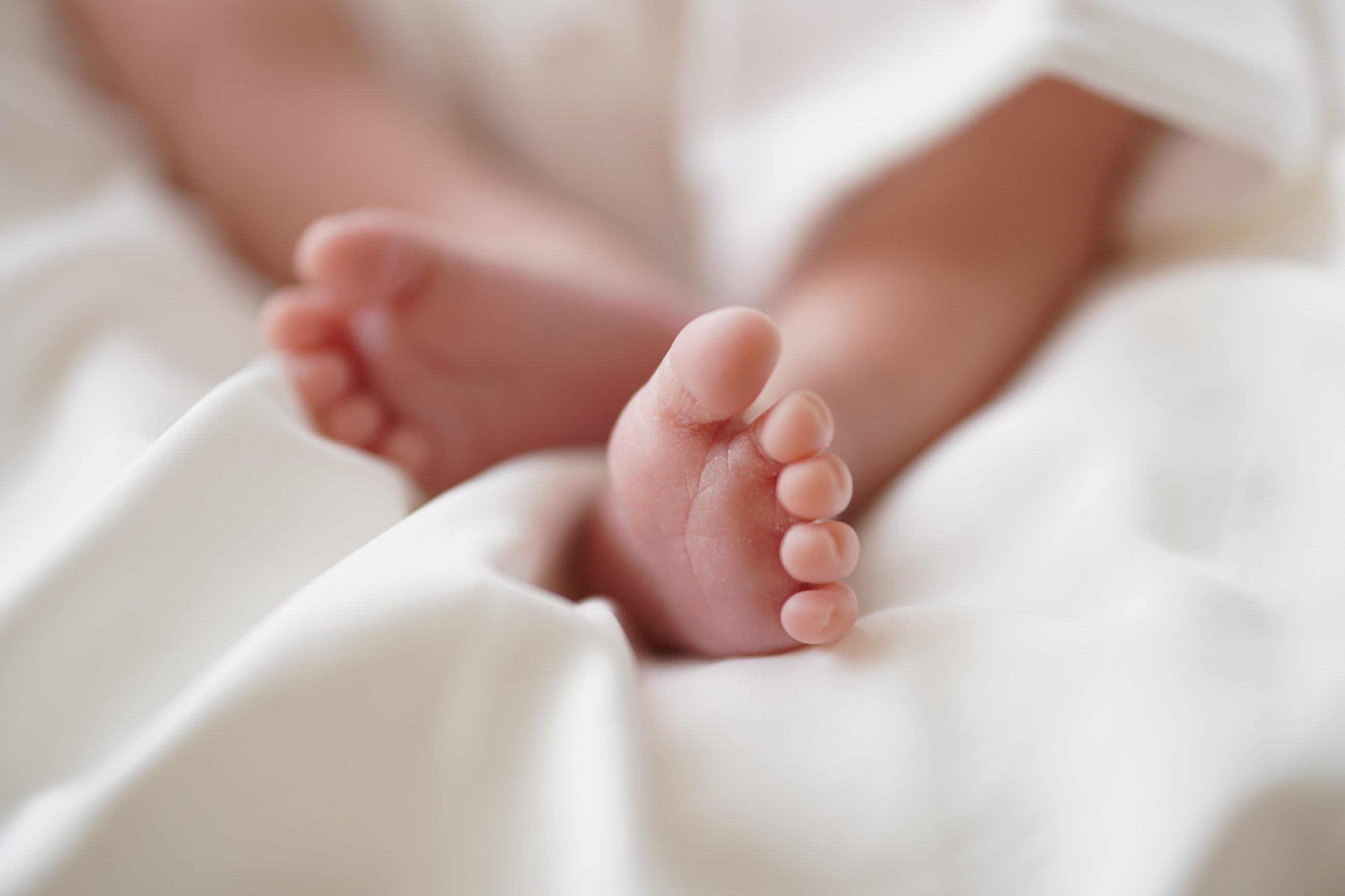
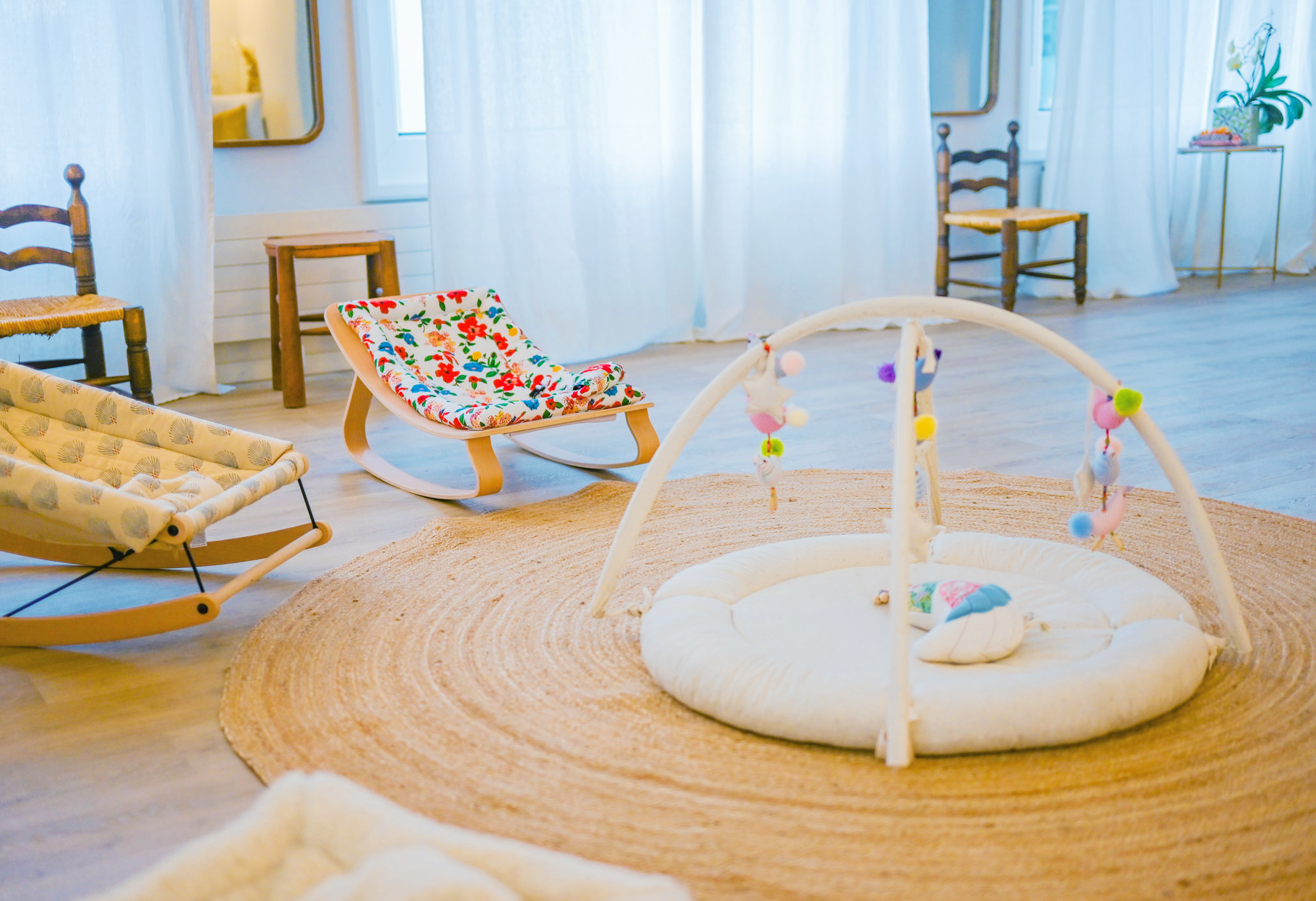
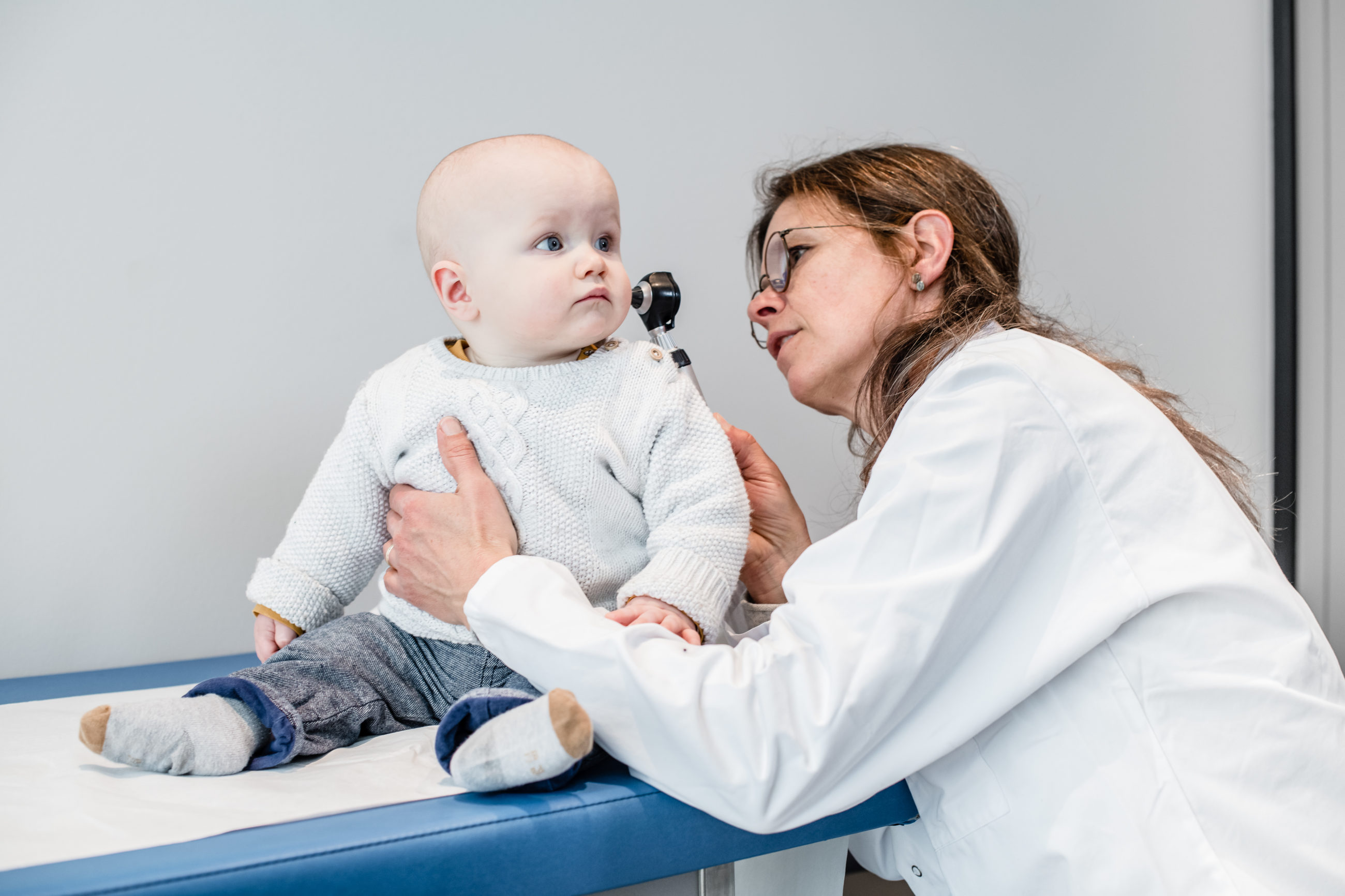
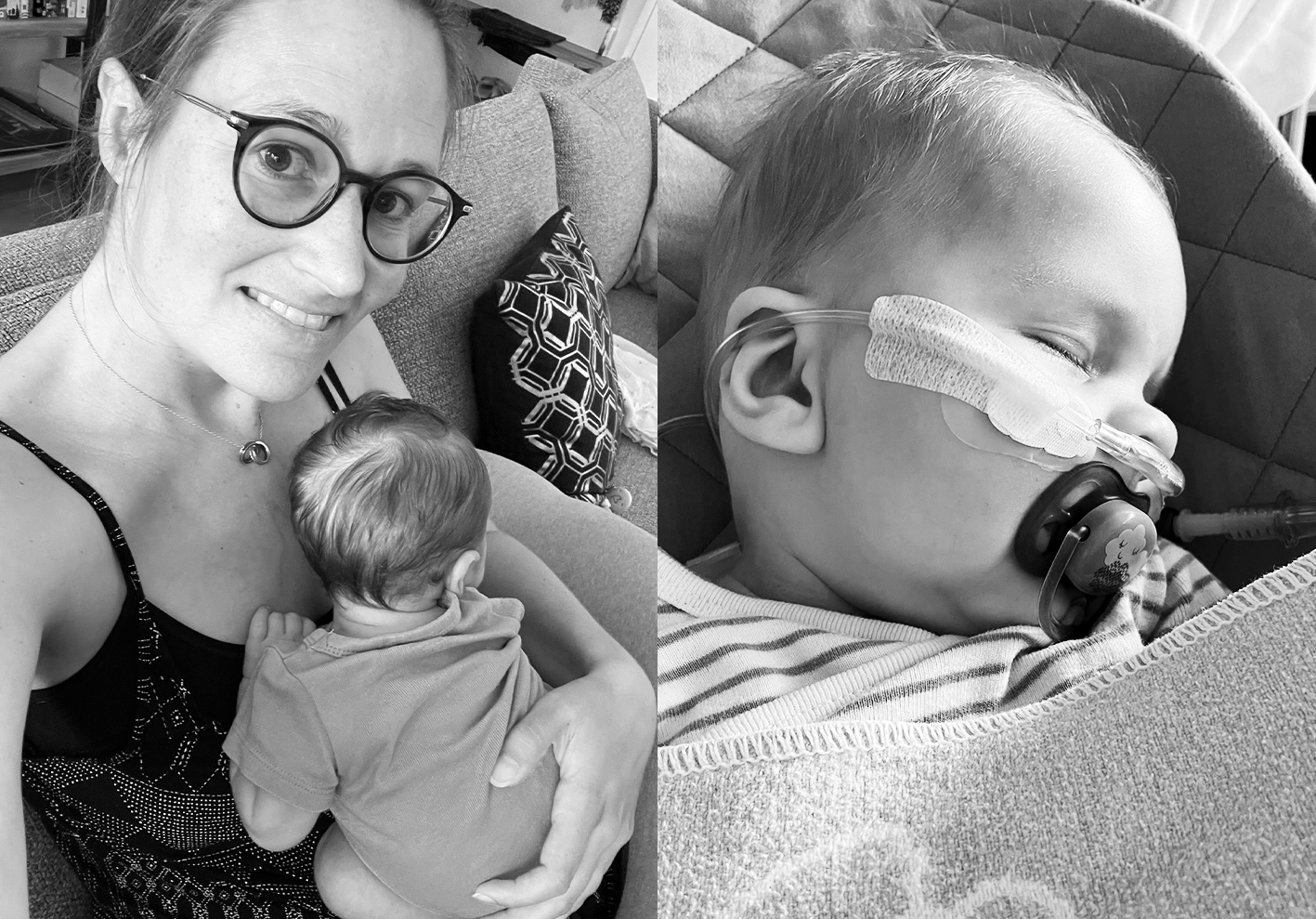
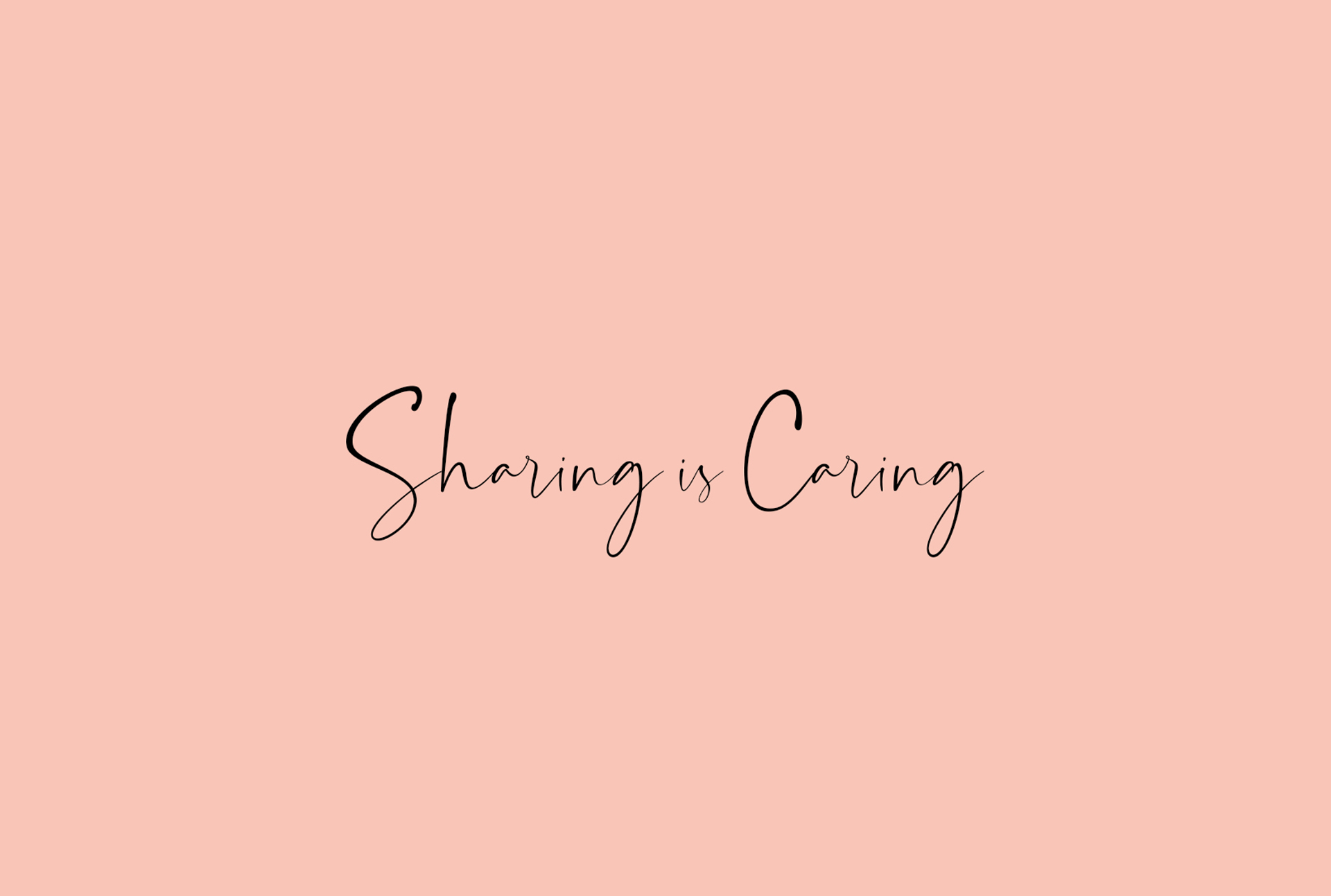
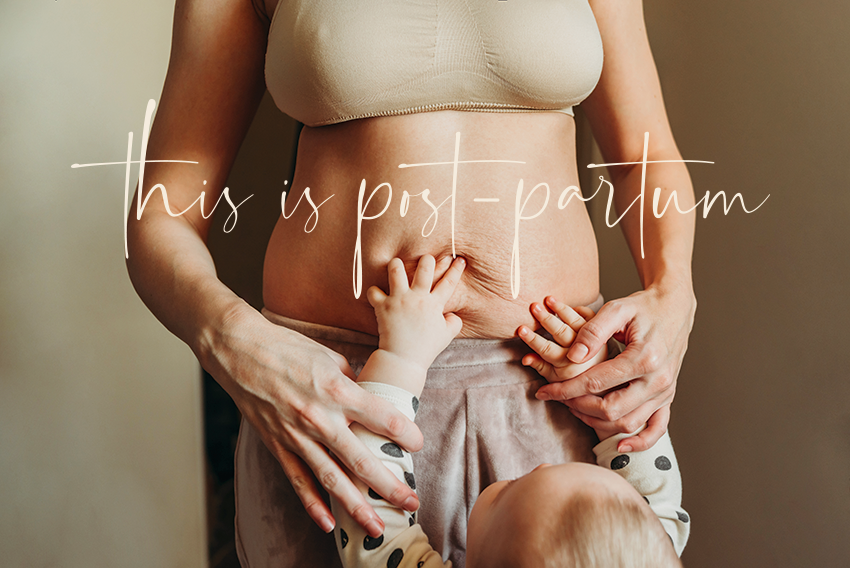


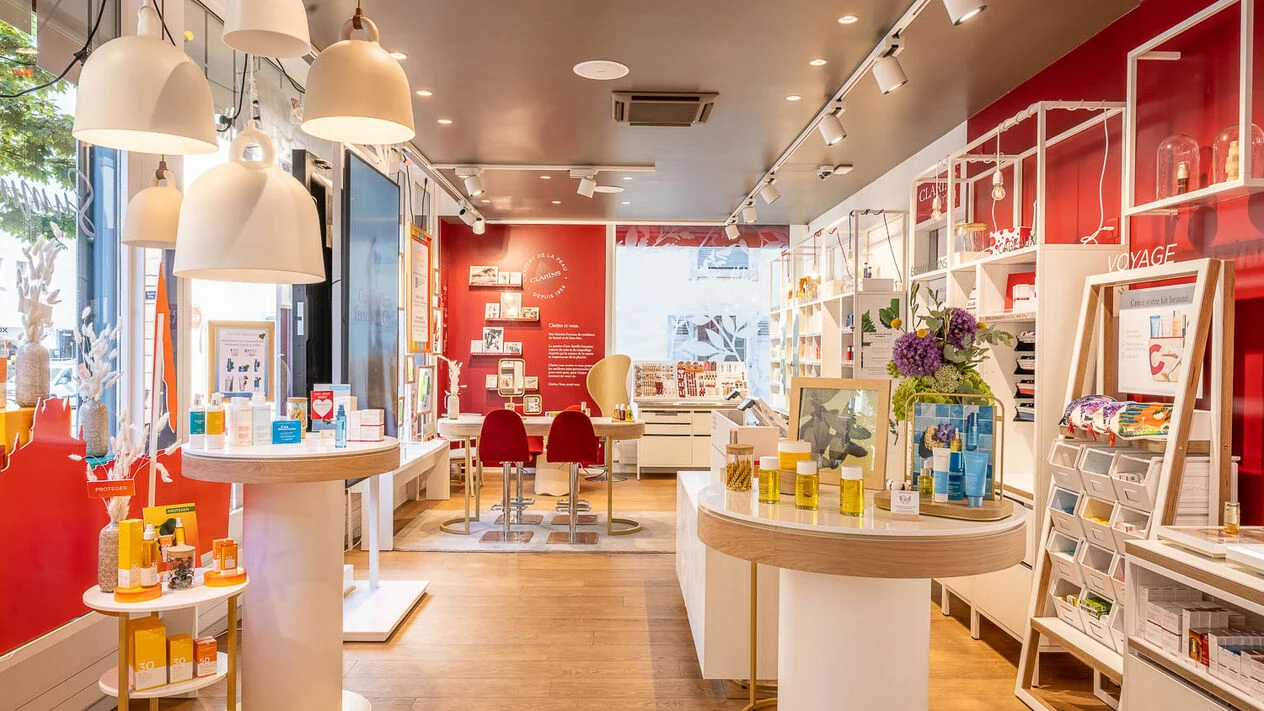
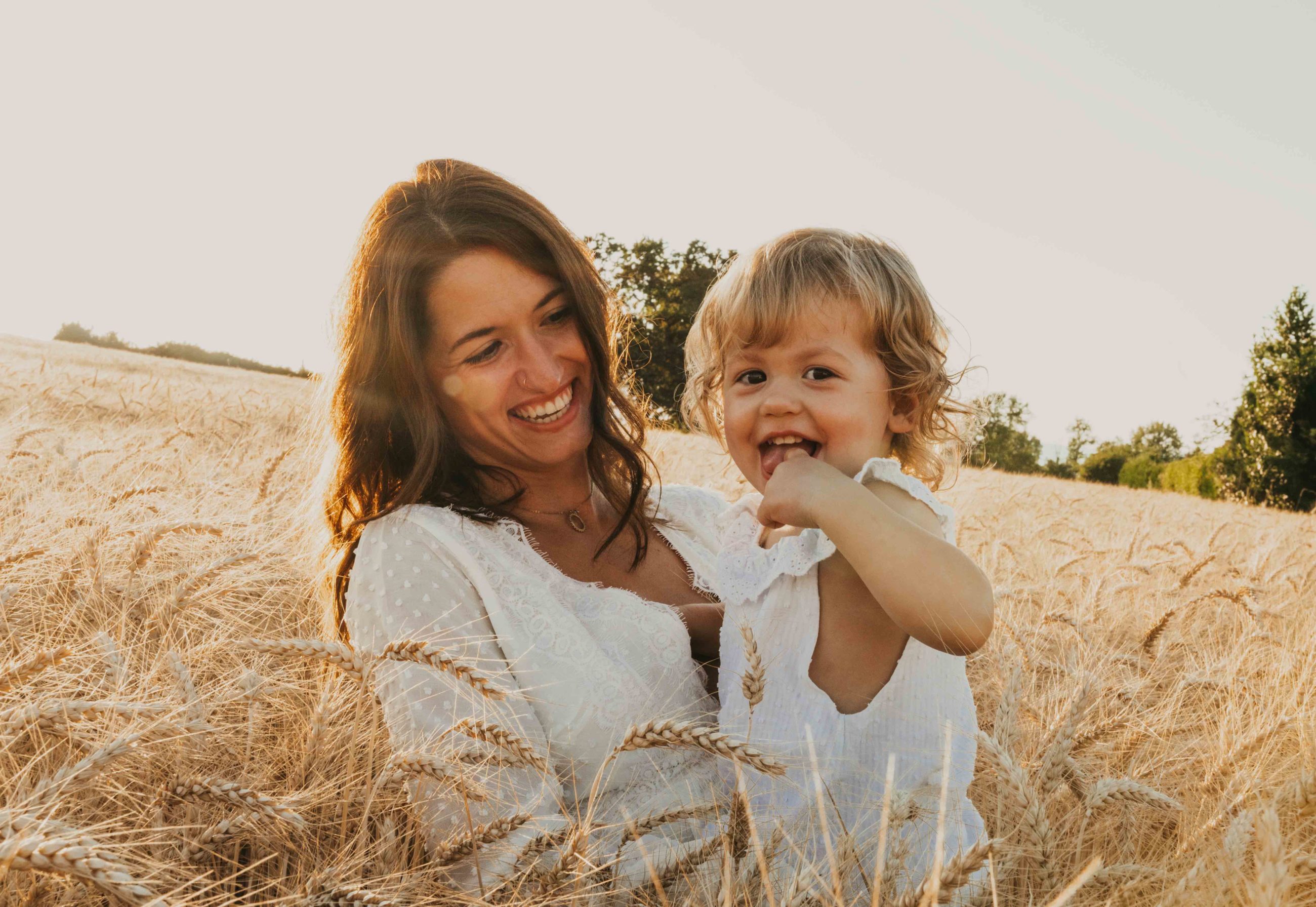
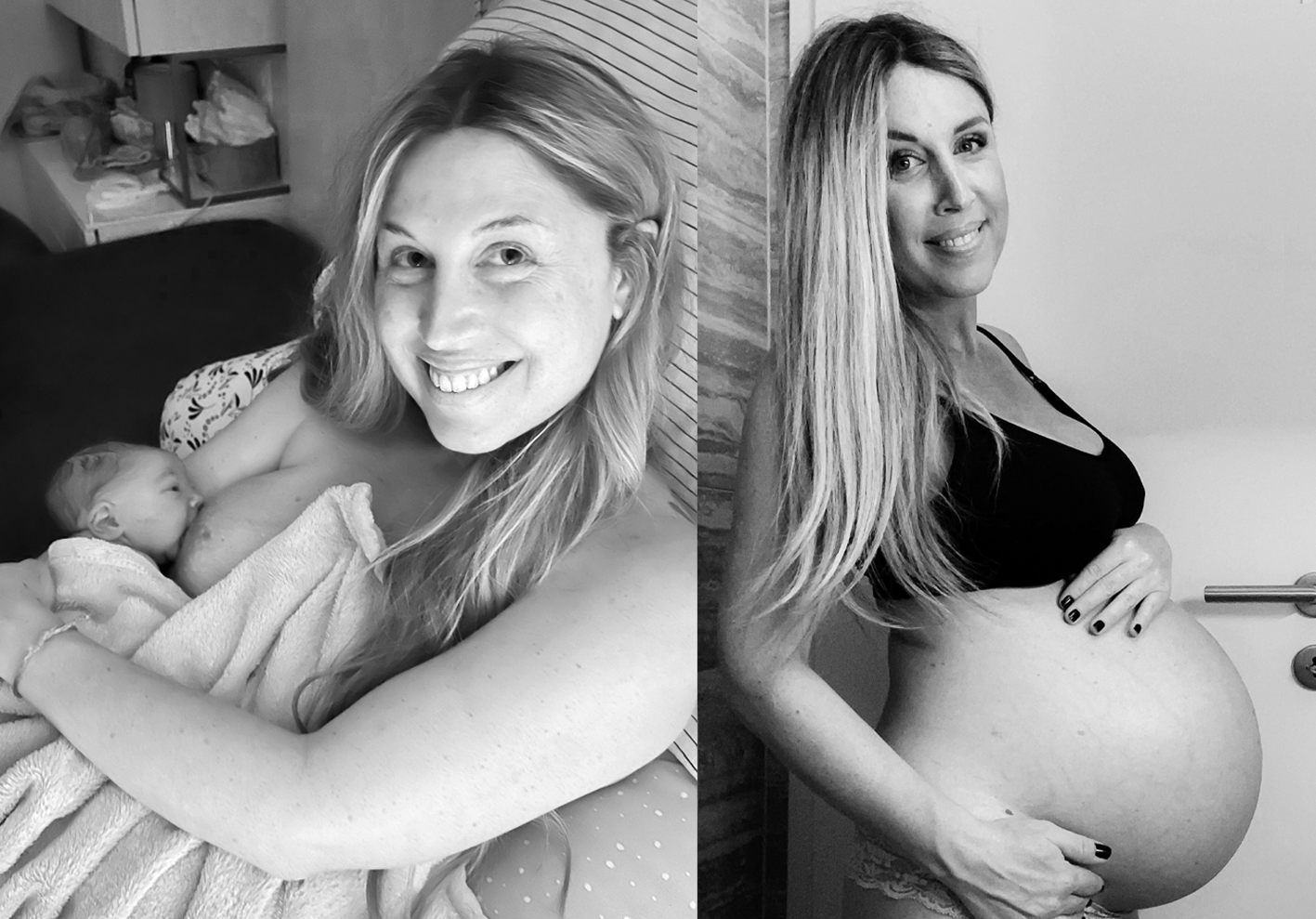


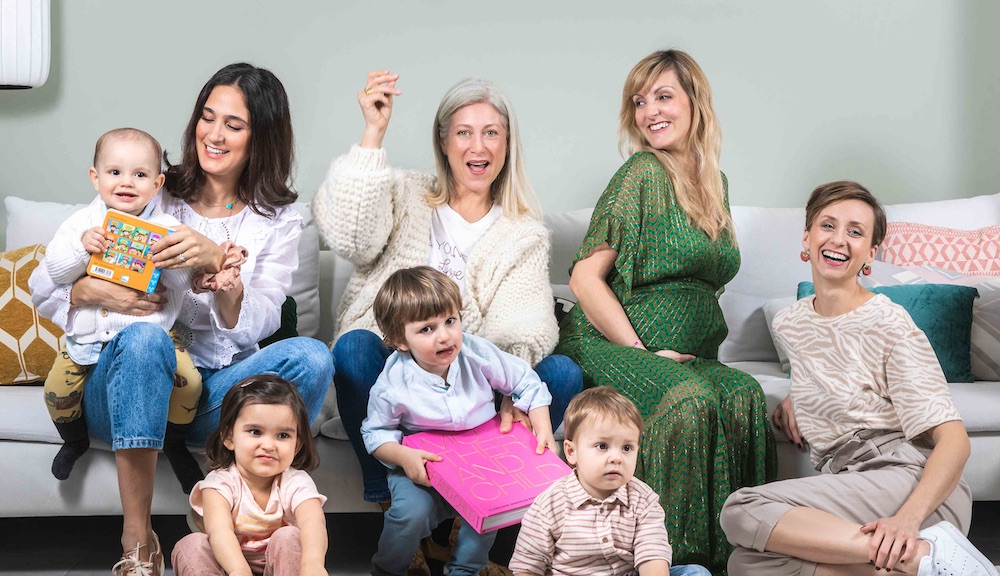


Share this article